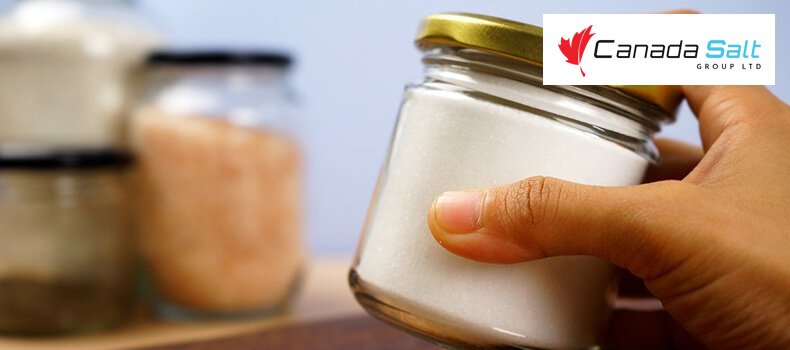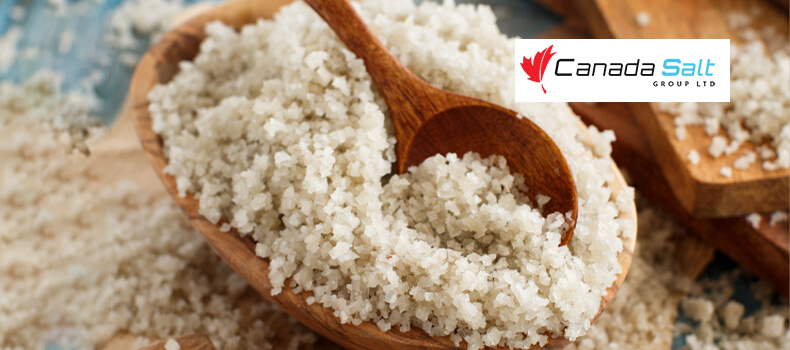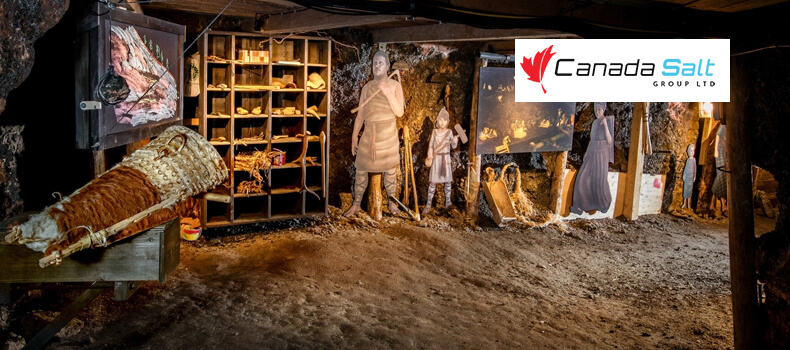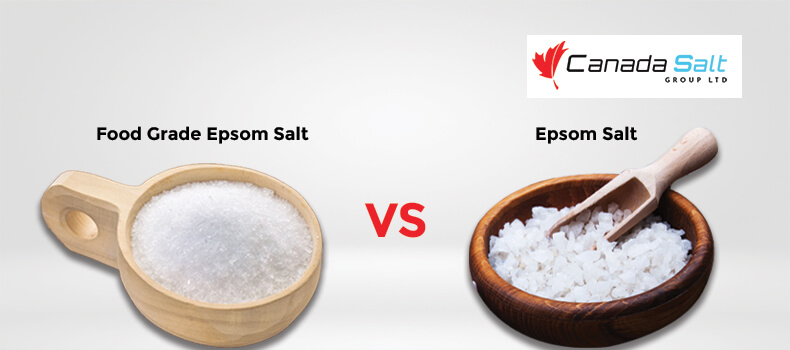How Long Does Salt Last in Storage?
People have been using salt since 2700 BC. It is one of the oldest products and essential for life. Salt is used for food preservation and seasoning, which helps maintain sodium and chloride ions in our body and aids in proper blood regulation and function of muscles and nerves. Apart from seasoning and food preservation, it is used for various purposes like deciding on the roads, swimming pools, industrial salt etc.; as we are using salt in significant amounts, we have to know how to store it and how long does salt last in storage. In this article, we will explore it.
Why Should I Store Salt?
The best food storage will include all the essential ingredients to maintain good health. Salt is an essential ingredient for our survival. Consider for a moment how your diet might be without salt. Has salt been a part of your fundamental food storage? We’ve outlined a few key justifications for why salt should be on your food storage list.
Preservation of Food
When incorporated into food, salt creates unsuitable surroundings for bacteria, fungi and other organisms to survive. Salt is the key ingredient in preserving food during the fermentation process. It preserves the food by absorbing moisture and making it dry. To store meat for a longer time, people use salt to remove the moisture and cure it so the meat will not spoil.
Enhance Flavor
A pinch of salt enhances the taste of almost every food. If used in moderation, it cuts off the bitterness and increases the sweetness of certain products. We can bake a loaf of bread using only wheat flour and water, but it tastes bland if salt is not added. Adding the required amount of salt to it can improve its taste and flavour.
Health Benefits
We cannot live without the use of salt in our daily lives. According to studies, It is proven that sodium in salt will help maintain fluid retention and promote the functioning of muscles and nerves. Sodium deficiencies can create fatigue, confusion, dizziness, seizures, weakness, vomiting and many other symptoms. To maintain a healthy lifestyle, consuming at least a small amount of salt in our diet is essential.
Does Salt Expire or Go Bad?
Salt will not expire and can last forever because many types of salt have anti-clumping agents or additives like iodine. These additives can degrade over time, but still, the salt tastes good. If stored in proper conditions, it doesn’t go bad. It is still safe to consume even if it is clumped, moist or absorbs the smell of its surroundings.
Drying Out Wet Salt
If your salt gets wet due to high humidity, Dry it out by spreading it on a baking tray and placing it in the oven at a low temperature. The salt can change its colour if the temperature is more. Make sure the temperature is below 200F. To break any clumps, stir it occasionally.
Breaking Up Salt Clumps
If the salt is not stored in an air-tight container, It can form clumps by absorbing moisture. With the help of a blender, we can break the small clumps. If the clump is bigger, it is advisable to use a hand or any hard object to break it.
How Long Will Salt Last in Long-Term Storage?
Salt is hygroscopic and attracts moisture and stores it. Due to steam and other elements, salt turns clumpy or wet if not stored in an air-tight container. Sodium does not lose any strength or flavour and is considered a stable compound. Salt has high amounts of sodium and doesn’t go bad if no additives are added. If the salt is stored in a cool and dry place, it has an unlimited shelf life. Pure salts like sea salt, Himalayan salt or canning salt will last forever if stored properly. Salt with additives may have short life or can change its flavour.
How to Store Salt Long-Term?
The main concern for disaster preparedness is protecting the salt from physical harm. You don’t want your salt to pour all over the place due to a roof beam messing with it, nor do you want flood water to seep into your salt containers. Storing salt in a dry environment would be best to prevent salt from absorbing moisture from the air. To prevent it from picking smell from anything, you should keep it away from objects with strong-smelling items. Iodized salt should be kept from heat when stored since heat degrades iodine.
Some methods to store salt are given below to ensure it stays good and safe for a long time.
Air-Tight Containers
Put the salt pack in an air-tight container to avoid absorbing moisture or clumping. Save space by dumping the salt into the container from its package. I prefer plastic containers to store salt for a long time rather than metal ones because the salt can corrode the metal and form rust.
Buckets
Buckets for salt storage are a great source since they are relatively unbreakable and can hold large amounts of salt. Even if a roof beam falls on your salt bucket, it doesn’t break easily. Salt can be dumped directly into the bucket, left in its original packing, or repacked in bags. Unfortunately, buckets are not always completely waterproof. If you live in a flood-prone area, you may need to take extra precautions, such as sealing the bucket lid with silicone sealant or putting the salt in mylar bags before placing it in buckets. The seal, however, will be broken when you open the bucket.
Vacuum Sealing
vacuum seal the salt to keep moisture out of it. This will help to keep the salt from clumping. However, air will eventually leak through the bags. Vacuum sealer bags are costly. Instead, place the salt in double zip bags and push as much air out as possible before closing them, rolling down the tops, and taping the corners with packing tape.
Mylar Bags
Mylar is a metal-like substance that does not allow air to pass through. This protects the salt from moisture and keeps it safe from flooding. The salt within the packages may float in floodwater and be safe to eat. Mylar bags can still be punctured if more pressure is applied; many people place Mylar bags in buckets. If you are not in a flood zone, normal zip bags will be enough to store the salt.
Mason Jars
Mason jars with two-piece lids provide an extremely tight seal. Your salt will remain dry and clump-free because moisture cannot enter the jar. If you live in an area with frequent earthquakes or natural disasters, Then mason jars are not advisable. It would be best if you kept salt in plastic buckets.
Conclusion
Salt is reasonably cheap and simple to store. It is a crucial component of your food storage and might make an excellent barter item. To ensure you won’t be left without salt in a crisis, stock up on the salt varieties you’ll need and properly package them for long-term storage today. If you are looking for a reliable bulk salt supplier, contact Canada Salt Group Ltd for a FREE Estimate.





